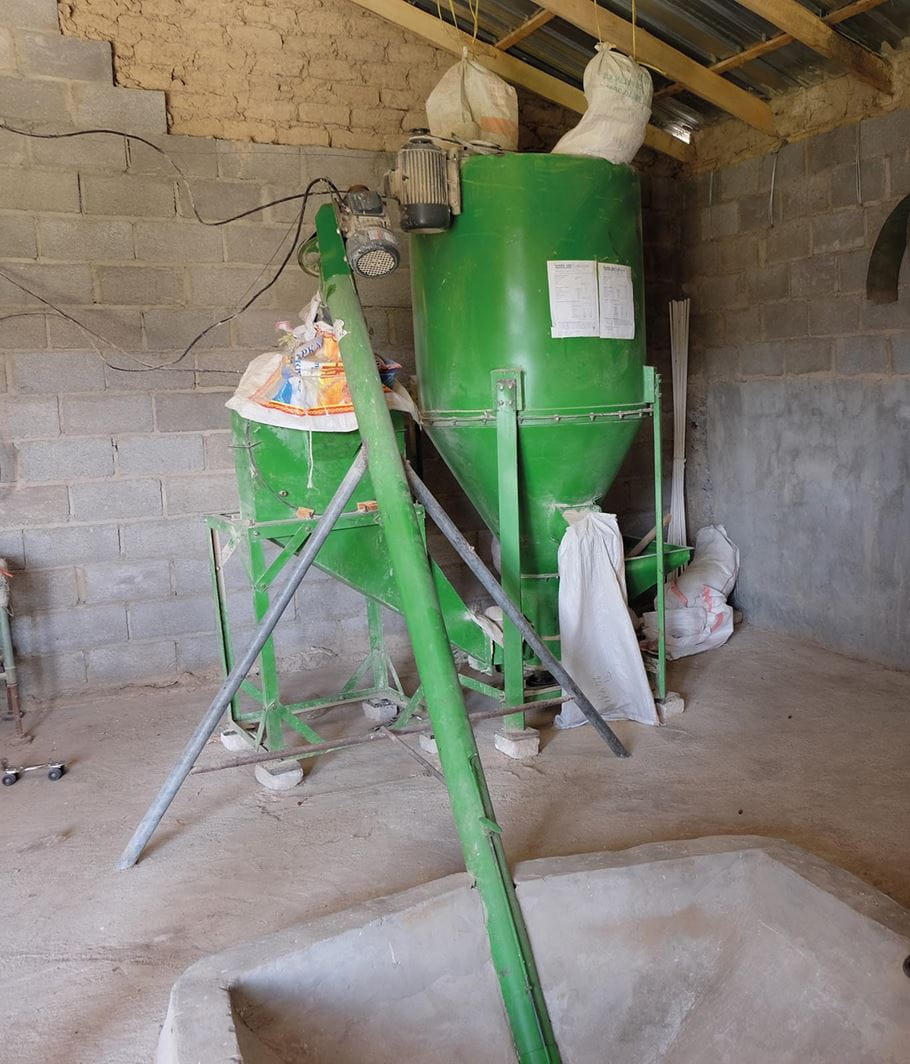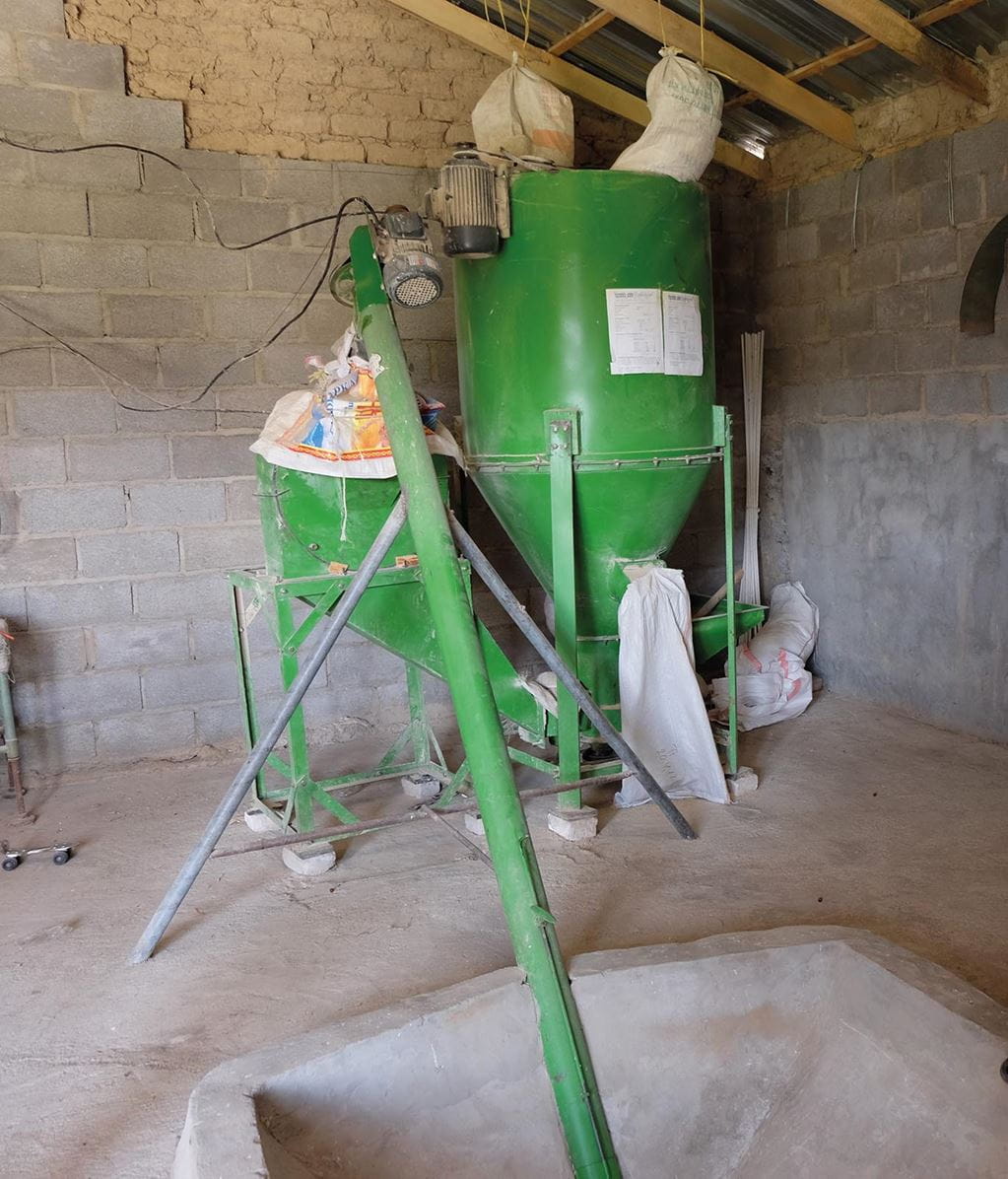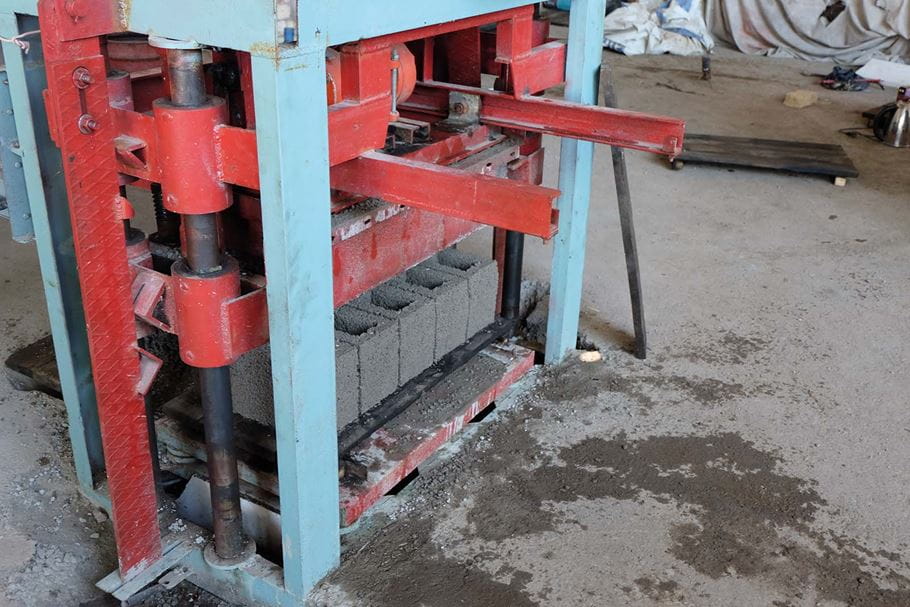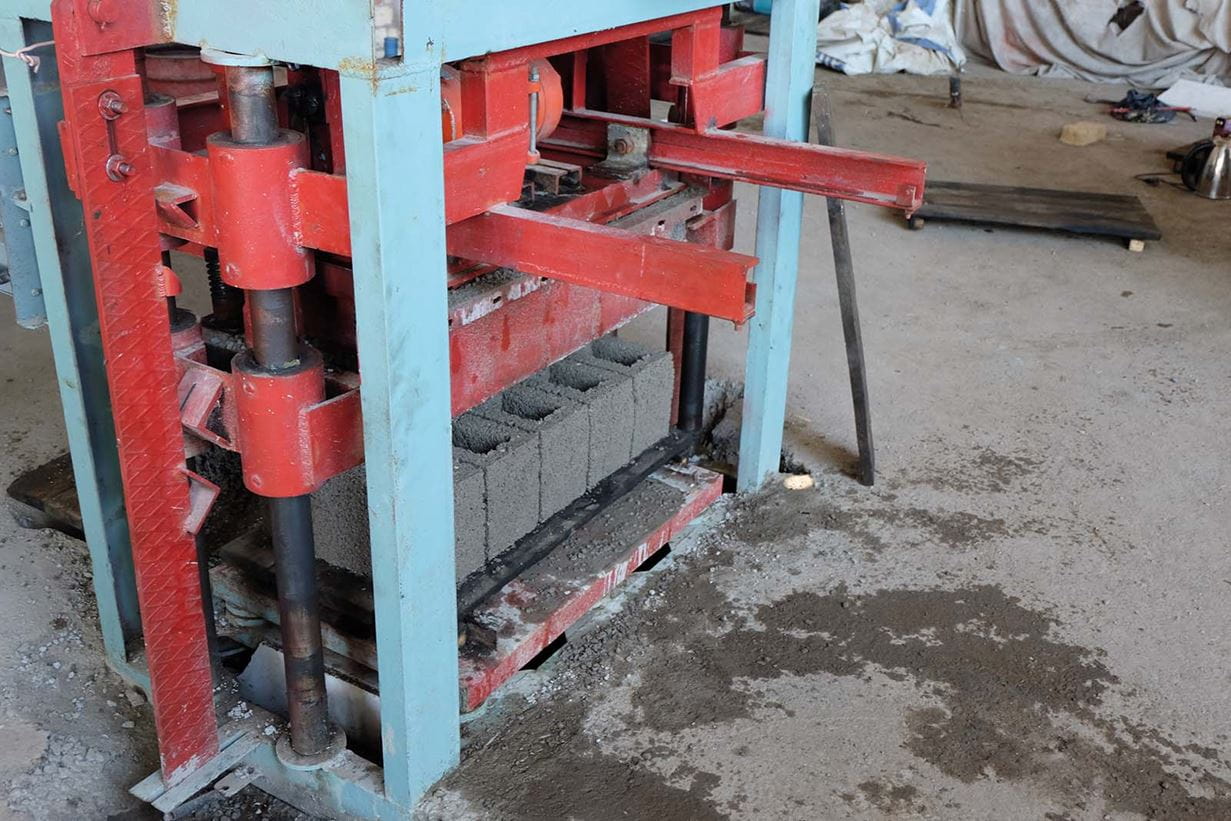‘There are many people living on the street because it is difficult to find jobs,’ says Artur*, leader of a community group in the Central Asian States. ‘People come from the villages to the capital and face many problems. They start drinking – young people on the street drink a lot and in the winter many people die. We wanted to help, but we did not know how.’
Business training and seed funding provided by Tearfund’s partner made it possible for Artur and his community group to establish several small enterprises including a carpentry workshop, beehives, an animal feed mill, a breeze-block press and poultry farms for egg production.
The profit from these initiatives helps the group to run five rehabilitation centres for people struggling with addiction, or who are newly out of prison. The businesses also provide opportunities for the residents to develop new skills and earn a small amount of money.
Leonid* manages one of the chicken farms. He says, ‘When my parents divorced I ended up on the street and made some bad friends. When I was 18 I committed crimes and was put in prison for eight years. After I was released I began to take drugs – first soft drugs and then heroin. I injected myself for seven years.
‘Then I met Artur and he helped me to get back on my feet. I do not use drugs or alcohol any more. I believe in myself now and I have new dreams for the future.’













